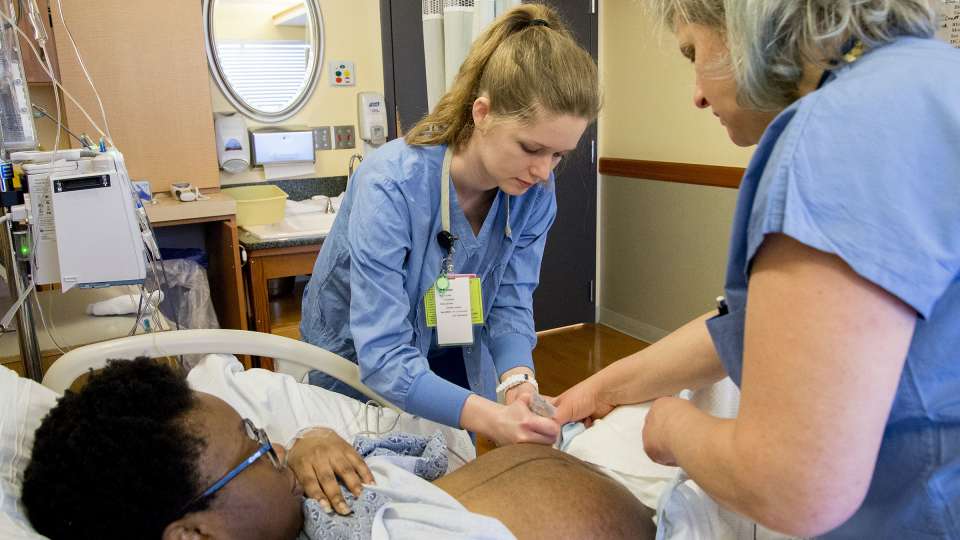
If you’re planning to start a family anytime soon, you may want to call a midwife. No, seriously. Jokes about popular TV shows aside, midwives are vital members of the care team during and after pregnancy.
A recent study found that states that are better at integrating midwives into obstetric care also had lower rates of preterm birth and neonatal death and higher rates of positive things like breastfeeding. These states also had lower rates of cesarean deliveries and higher rates of vaginal deliveries. This is important because, while cesarean sections are sometimes necessary and life-saving, C-section rates may be too high in many parts of the U.S. and may put some mothers and babies at unnecessary risk.
Washington state ranked highest for midwife integration in obstetric care among all 50 states.
“Midwives provide supportive individualized care. We recognize that every woman’s an individual, every family is different and every journey through pregnancy and birth is different,” says Mary Lou Kopas, M.N., a certified nurse midwife at the Childbirth Center at UW Medical Center - Northwest.
Though midwifery is experiencing resurgence in popularity in the United States, stereotypes about what midwives can and can’t do are still common. Here are some midwifery myths, debunked.
Myth No. 1: Midwives won’t be able to help you with the pain
Just like an obstetrician, midwives can prescribe medications (yes, including epidurals). They offer nitrous oxide (or laughing gas), which can help lessen pain and keep you relaxed. Midwives also have expertise in helping women with natural childbirth (meaning no pain medicine) if they so choose, and can use things like a Jacuzzi tub, massage, movement, music and aroma therapy to help ease labor pains. Even just the presence of someone who can help guide and support you can have a positive impact.
“The most powerful thing we do to support natural childbirth is simply being a calm, wise presence who believes in your ability to birth your baby,” says Kopas.
Myth No. 2: Midwives only deliver in a home setting
Midwives can deliver in your home, at a birth center or in a hospital, depending on your preference and medical situation. (UW Medicine has a midwife group delivering at UW Medical Center - Northwest and another at Valley Medical Center.) If you give birth in a hospital, your midwife will be your primary caregiver but will be able to call on an obstetrician or other specialist if the need arises.
Myth No. 3: Midwives stop caring for you after delivery
Actually, midwives care for patients before, during and after delivery. They will work with you to create a birth plan that takes into account your values, beliefs and culture. They will be there for you during the birth and immediately after. Midwives help teach new moms how to breastfeed, and can guide you if you have questions about infant care or your own health after pregnancy. Midwives also provide primary care, annual check-ups, pap smears and family planning services.
Myth No. 4: Midwives aren’t well-trained
Midwives undergo three years of graduate-level education and hands-on clinical training, then take a national exam in order to be certified and care for patients. In Washington, as in most states, certified nurse midwives are licensed as advanced registered nurse practitioners (ARNPs). They are also trained to diagnose and treat a large number of problems that may occur during pregnancy and birth.
If you’re looking for an individualized birth experience where your goals are top priority, a midwife might be a good option. (And now you know you don’t have to worry about going sans epidural to do so.)
Editor’s note: This article has been updated to reflect Northwest Hospital is now UW Medical Center - Northwest, a second campus of the University of Washington Medical Center in Seattle.

 Healthy ideas for your inbox
Healthy ideas for your inbox





